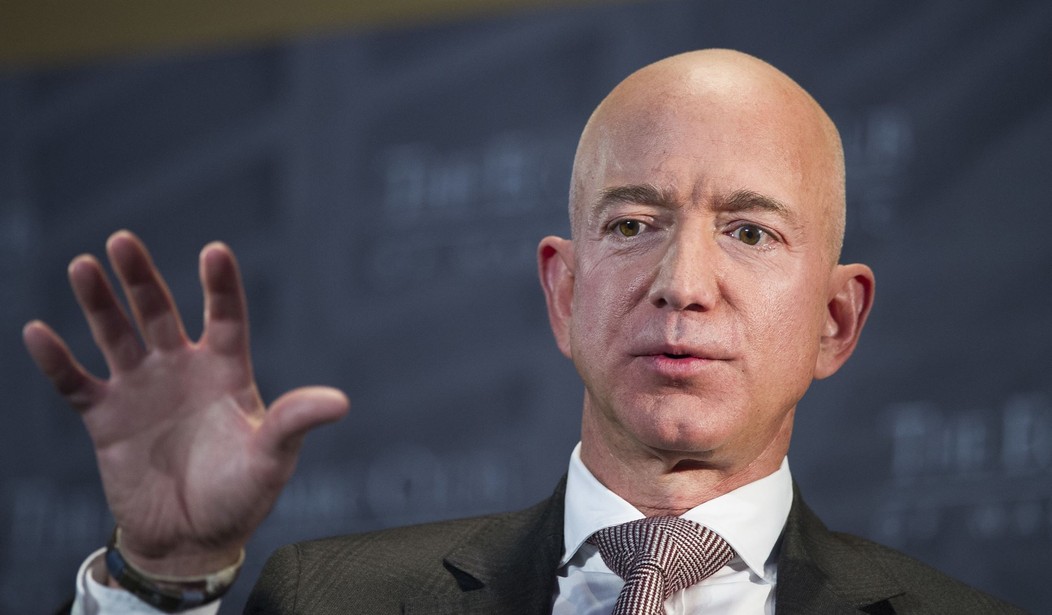Give the man some credit. He could have stayed on his yacht and just ignored the whiners in the Post newsroom who are still unhappy about his decision not to allow the paper to run a Kamala Harris endorsement. Instead, he took the bull by the horns and his employees know they are living in a dream world, one in which people trust the pronouncements of journalists.
We must be accurate, and we must be believed to be accurate. It’s a bitter pill to swallow, but we are failing on the second requirement. Most people believe the media is biased. Anyone who doesn’t see this is paying scant attention to reality, and those who fight reality lose. Reality is an undefeated champion. It would be easy to blame others for our long and continuing fall in credibility (and, therefore, decline in impact), but a victim mentality will not help. Complaining is not a strategy. We must work harder to control what we can control to increase our credibility.
He continues, pointing out the obvious fact that newspaper endorsements are useless and the least the Post can do to try to reclaim some perception of impartiality.
Presidential endorsements do nothing to tip the scales of an election. No undecided voters in Pennsylvania are going to say, “I’m going with Newspaper A’s endorsement.” None. What presidential endorsements actually do is create a perception of bias. A perception of non-independence. Ending them is a principled decision, and it’s the right one. Eugene Meyer, publisher of The Washington Post from 1933 to 1946, thought the same, and he was right. By itself, declining to endorse presidential candidates is not enough to move us very far up the trust scale, but it’s a meaningful step in the right direction. I wish we had made the change earlier than we did, in a moment further from the election and the emotions around it. That was inadequate planning, and not some intentional strategy.
After a couple paragraphs defending his own credibility (he claims he's never pushed the paper to print anything to benefit himself) Bezos takes a look at the bigger picture.
Lack of credibility isn’t unique to The Post. Our brethren newspapers have the same issue. And it’s a problem not only for media, but also for the nation. Many people are turning to off-the-cuff podcasts, inaccurate social media posts and other unverified news sources, which can quickly spread misinformation and deepen divisions. The Washington Post and the New York Times win prizes, but increasingly we talk only to a certain elite. More and more, we talk to ourselves.
He is not wrong. Regular readers know that despite having a subscription to the Post (which I canceled months before the current endorsement issue) I have never liked the paper. It's a partisan monoculture which allows no room for real discussion on any topic at all.
People make fun of the NY Times and sure it's a very liberal paper, but it's also a far better newspaper, one that routinely publishes content that doesn't just stick to the left's preferred narrative (consider this for instance). That's not to say there isn't still a lot of room for improvement, but compared to the Times, the Post is a wretched hive of scum and villainy, a place where nothing surprising ever makes it into print because the newsroom and the audience are in partisan lockstep.
If Bezos is serious about trying to make the Post a better, more balanced paper, he's going to have to fire a bunch of people who will do their level best to stop that from happening. Personally, I'll believe it when I see it. After 30 years of reading the Post on and off, it's hard to believe they will ever change.









Join the conversation as a VIP Member